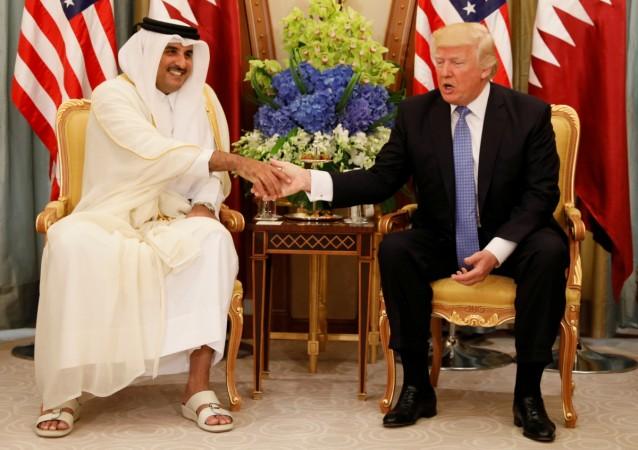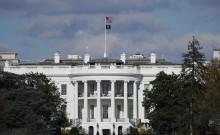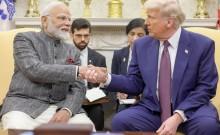US President Donald Trump had a vision of a Nato-like platform in West Asia to fight terrorism but in soon after he expressed his wish, the Arab world has been torn apart over the Qatar crisis and one feels instead of seeing more solidarity, it will only break the Arab unity, helping state actors like Iran and non-state actors like the Islamic State (IS).
Wednesday, July 5, will see the second deadline on Qatar coming to an end and Saudi Arabia and its allies who had severed ties with Doha a month ago, were set to meet in Cairo to discuss the situation.
Qatar's defiance is likely to prevail
Saudi and its allies have said that Qatar would given a reply in due time after confirming a response from Doha to their list of 13 demands. Qatar, meanwhile, has said that the conditions given to it for fulfilling were "unrealistic and not actionable". It also said that the demands are more about shutting down the freedom of speech rather than curbing terrorism.
Saudi and its allies might think of tightening the restrictions on Qatar but their initial reaction to Doha's defiant reaction says they are actually heading for a dead end. The more Riyadh and its allies try hold on to their no-compromise stance and Doha also reciprocates with a matching rigidity, it will only reduce the allies' chances of evading embarrassment.

Qatar, irrespective of its size, is economically independent and has a clout in diplomatic circles. Squeezing it into submission will not be easy, no matter how much the Saudis try to teach Iran a lesson by punishing Qatar.
War is unlikely and Qatar is not really helpless
War is not really an option for the allies as the United Arab Emirates (UAE) has already suggested. But even a deadlock will lead to a situation where the Arab world will eventually get trifurcated. While there will an anti-Qatar camp led by Saudi Arabia and including the UAE and Bahrain, there will be Doha and its friends like Turkey and Iran and a third neutral camp will also prevail, including countries like Kuwait and Oman.
Ultimate gainers: Iran and IS
The days of Arab unity might be over because of the Qatar crisis and this development will be a boon for Iran, which will see Saudi with more confidence, as well as the IS, thanks to the weakening of the platform to fight against terror.
Saudi's ally, the United States, had gained little by taking a similar policy of boycott against Cuba for several decades. Qatar is a much more significant a player than Cuba even if its emir is no Fidel Castro. And by sticking to its policy of isolating Qatar, the Saudis will only give a reason for its enemies to get stronger.

















